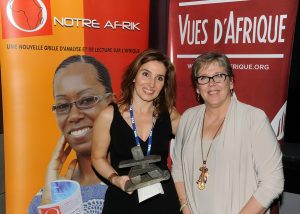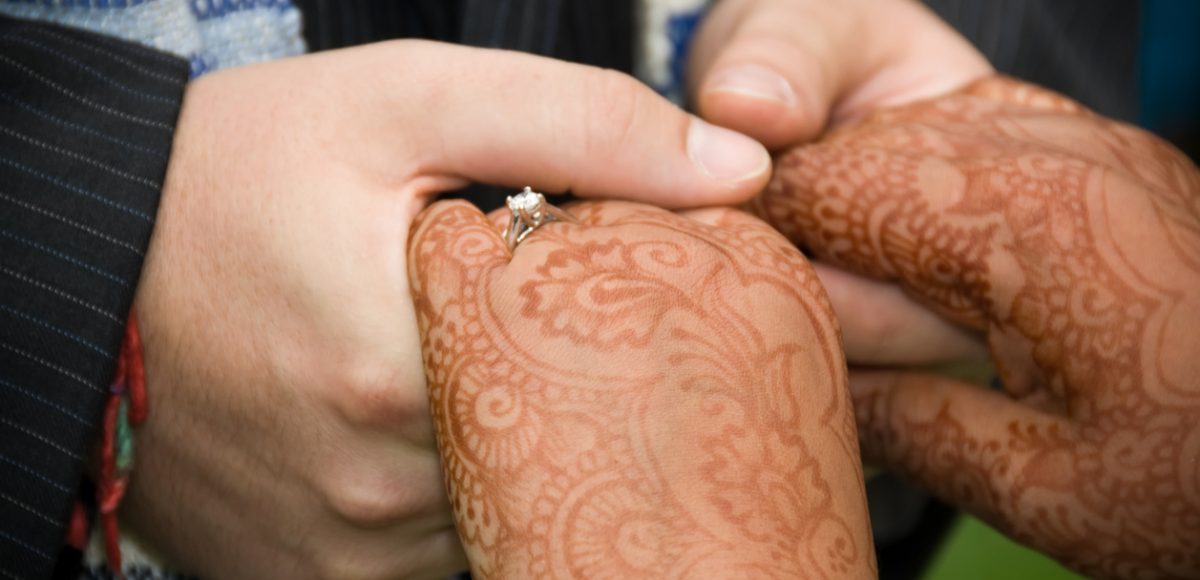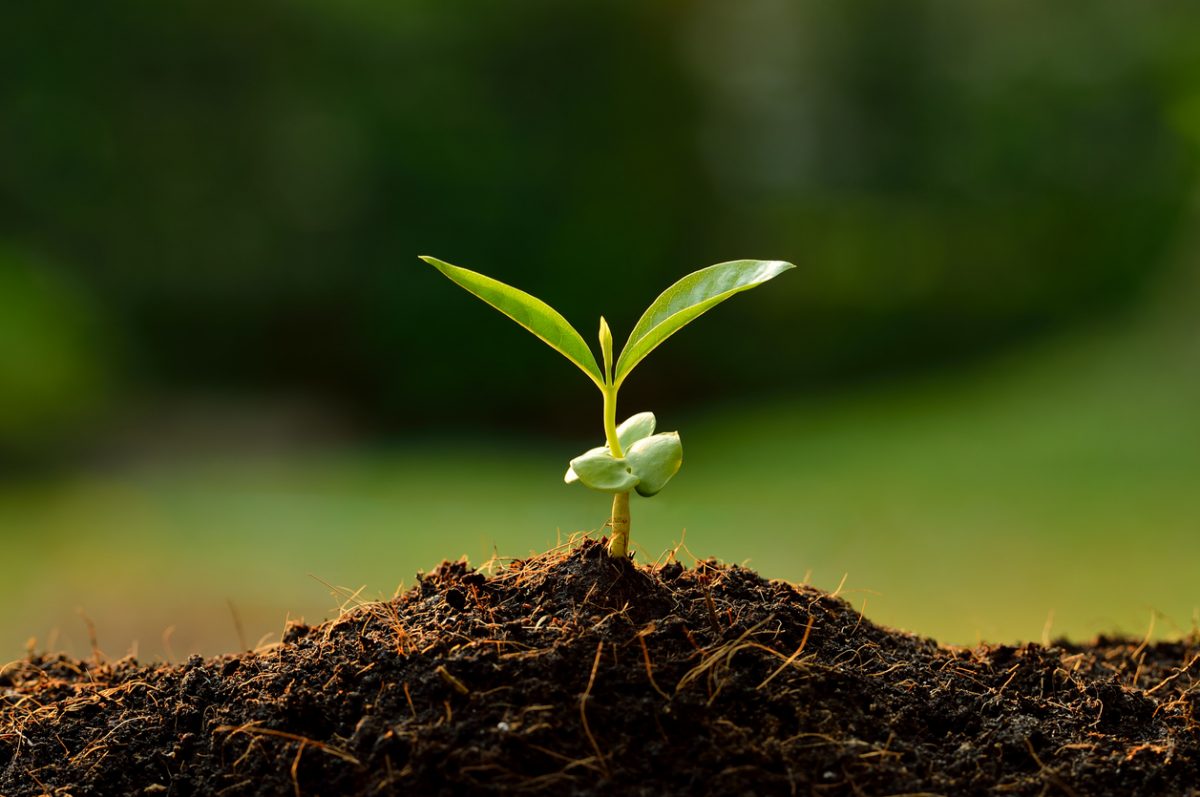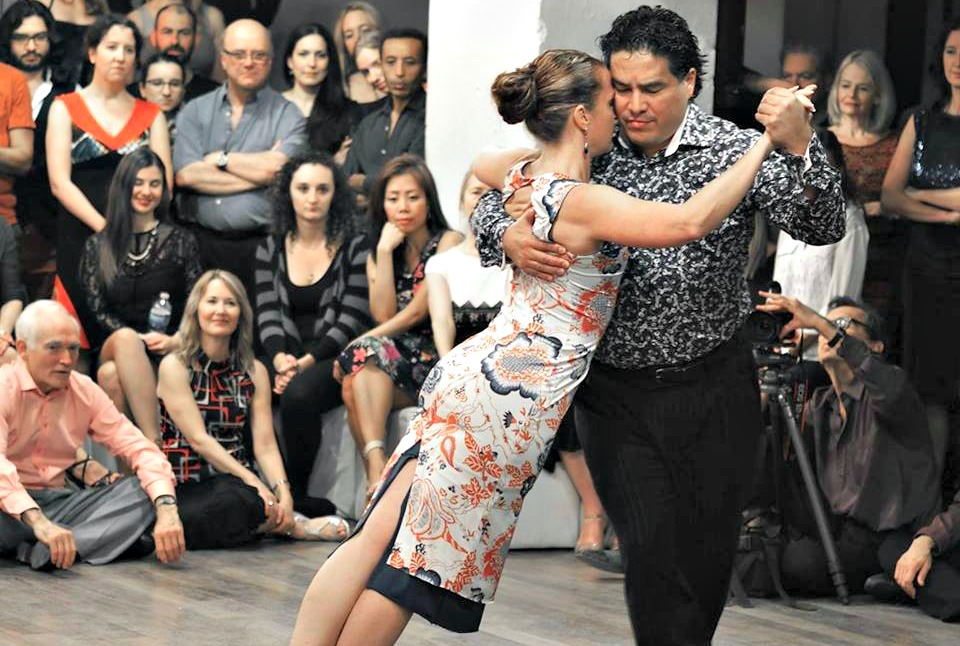Nadia Zouaoui came to Canada as a teenage bride.
Having grown up in a small, conservative village in her native Algeria, she was given off in marriage to a man who had already established himself in Canada.
“I was really happy to come here, because I think I was a feminist at the age of five,” Zouaoui says chucking at the memory. “My ex-husband didn’t know that. At a very young age I saw the injustice that women in my country go through and I didn’t accept that.”
Coming to Canada gave her a chance to have the life she had always dreamt of, Zouaoui says.
 “Just to be able to walk in the streets, to run, to go to school, to be myself,” Zouaoui says. “It was my dream to be able to decide about my own life.”
“Just to be able to walk in the streets, to run, to go to school, to be myself,” Zouaoui says. “It was my dream to be able to decide about my own life.”
But establishing herself as a divorced mother of two young children in her new home country was not easy.
“I had to fight to free myself from the chains of my education and to explain to my parents that I was not happy, that I wanted to study, that I wanted to speak up because I wanted to be a journalist and make documentaries,” says Zouaoui.
But finding work as a journalist in Quebec even though she was fluent in French, Arabic, her native Berber and English was not easy.
“The province of Quebec is fighting for its survival culturally,” Zouaoui says. “When you come from outside, you don’t know that and you don’t understand all these complications.”
Still, Zouaoui never gave up.
“And because I’m a stubborn woman I tried to find a way to survive and do what I like, which is really live with my ideas ,” Zouaoui says. “When you come from a country where you cannot leave the house because you’re a woman, after that any challenge is nothing.”
 Much of Zouaoui’s work as a journalist and documentary filmmaker has focused on the subject she knows intimately: the lives and struggles of Muslim immigrants like herself.
Much of Zouaoui’s work as a journalist and documentary filmmaker has focused on the subject she knows intimately: the lives and struggles of Muslim immigrants like herself.
“I wanted to show that Muslim immigrants are people like anybody else and some of them do great things, some of them are fighting to be better in the society, to be integrated professionally,” Zouaoui says. “I wanted to show how beautiful this rich diversity is.”
The diversity that immigrants from all over the world bring enriches not only the Canadian society but immigrants themselves, says Zouaoui.
“I find that we can become better human beings when we live in a country that respects our rights and when our fights become global,” Zouaoui said. “Living in a democracy makes us more human, more global where we care about other people more… I think we grow up inside as human beings and this is a beautiful aspect.”
But things are far from being rosy, especially when it comes to the recognition of immigrants’ foreign credentials and work experience, says Zouauoi.
“I think Quebec is losing in this and the native countries where these immigrants come from are losing, because they bring people who have very high diplomas, who are very professional and who spent years in universities,” Zouaoui says. “And then they end up not having jobs or end up doing basic jobs.”
This often has devastating effects on immigrants and their families, Zouaoui says.
“I see it a lot – depression, divorce, the impact on kids when you see that your parents are never happy,” Zouaoui says. “These are issues that we need to face now, because if we want to construct a new country, we need to feel at least welcome.”









